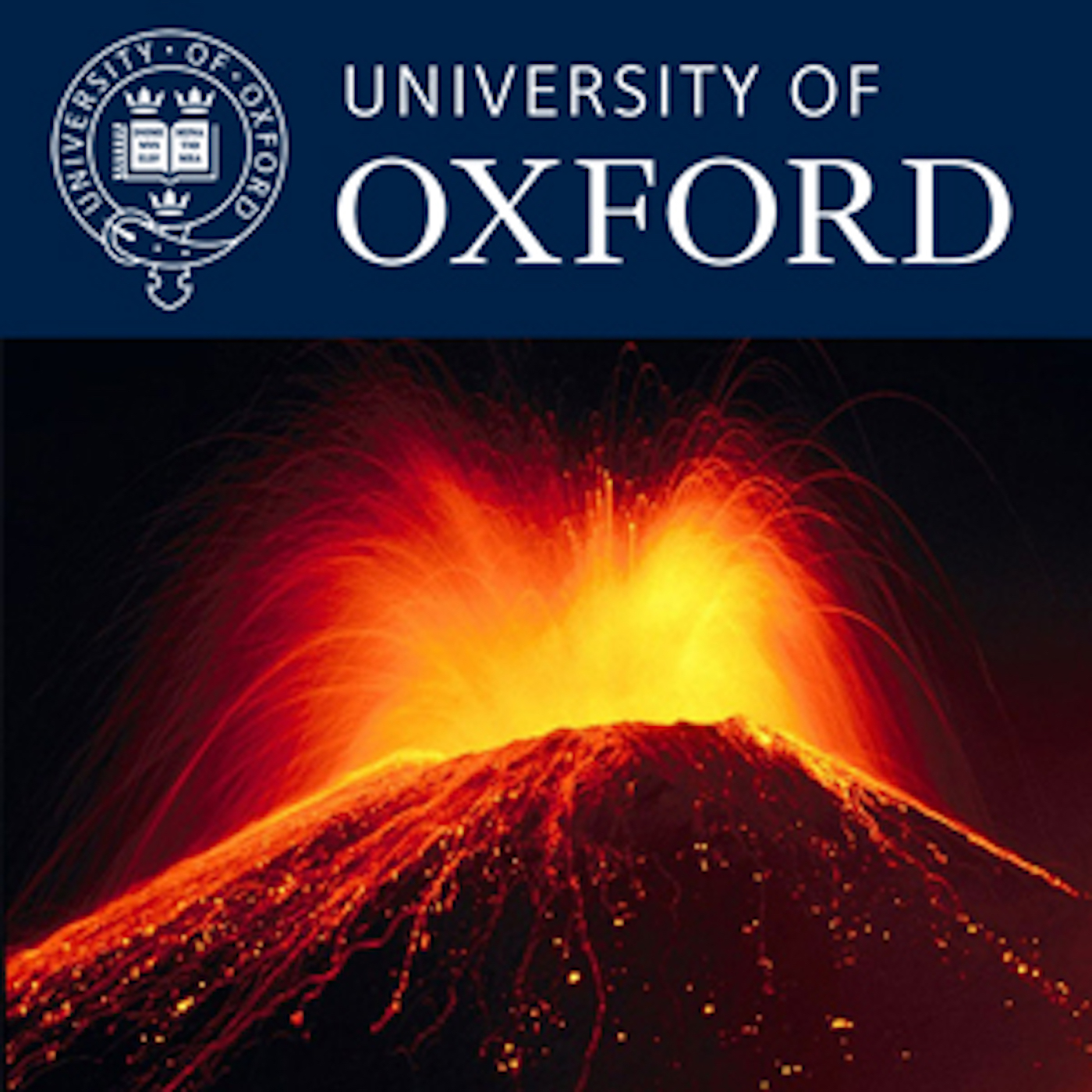Episodes
4th Annual Lobanov-Rostovsky Lecture in Planetary Geology delivered by Professor John Grotzinger, Caltech, USA The Mars Science Laboratory rover, Curiosity, touched down on the surface of Mars on August 5, 2012. Curiosity was built to search and explore for habitable environments and has a lifetime of at least one Mars year (~23 months), and drive capability of at least 20 km. The MSL science payload can assess ancient habitability which requires the detection of former water, as well as a...
Published 04/27/17
3rd Annual Lobanov-Rostovsky Lecture in Planetary Geology delivered by Professor Raymond T Pierrehumbert. Atmospheres are dynamic entities, formed from the volatile substances that accrete when a planet is formed and later in its history, cooked out in the hot-high pressure interior of the planet, and exchanging with the interior through crustal processes (for planets which have a solid surface) or mixing into the deep interior (for fluid planets). Loss of atmosphere to space is also a major...
Published 04/27/17
Prof Alessandro Morbidelli of the Observatoire de la Cote d'Azur in Nice gives the 2nd Lobanov-Rostovsky Lecture in Planetary Geology. He talks about the formation of planets in the universe. Morbidelli uses numerical modelling and geochemical and cosmochemical analyses to explain planetary formation within our solar system. He provides a growth history of the Earth, with reference to the specific elements found in the Earth mantle, as well as insight into the composition and timing of moon...
Published 05/22/15
The first Lobanov-Rostovsky Lecture in Planetary Geology delivered by Professor Linda T. Elkins-Tanton.
Published 11/06/13
In this talk Dr Ken Amor talks about the Chelyabinsk meteor, which entered Earths atmosphere over Russia on the 15th of February 2013.
Published 04/16/13
Ken Amor looks at the science of large meteorite impacts on Earth.
Published 01/30/13
Gideon Henderson, Professor of Earth Sciences and fellow of University College, gives a talk on his research on iron content in the atlantic ocean and its necessity for life in the ocean. Creative Commons Attribution-Non-Commercial-Share Alike 2.0 UK: England & Wales; http://creativecommons.org/licenses/by-nc-sa/2.0/uk/
Published 06/01/11
From the 2010 Alumni Weekend. Phillip England talks about the history of Greece through its many earthquakes and seismic activity over the last 6000 years and shows how these events shaped the ancient world's history. Creative Commons Attribution-Non-Commercial-Share Alike 2.0 UK: England & Wales; http://creativecommons.org/licenses/by-nc-sa/2.0/uk/
Published 10/25/10


